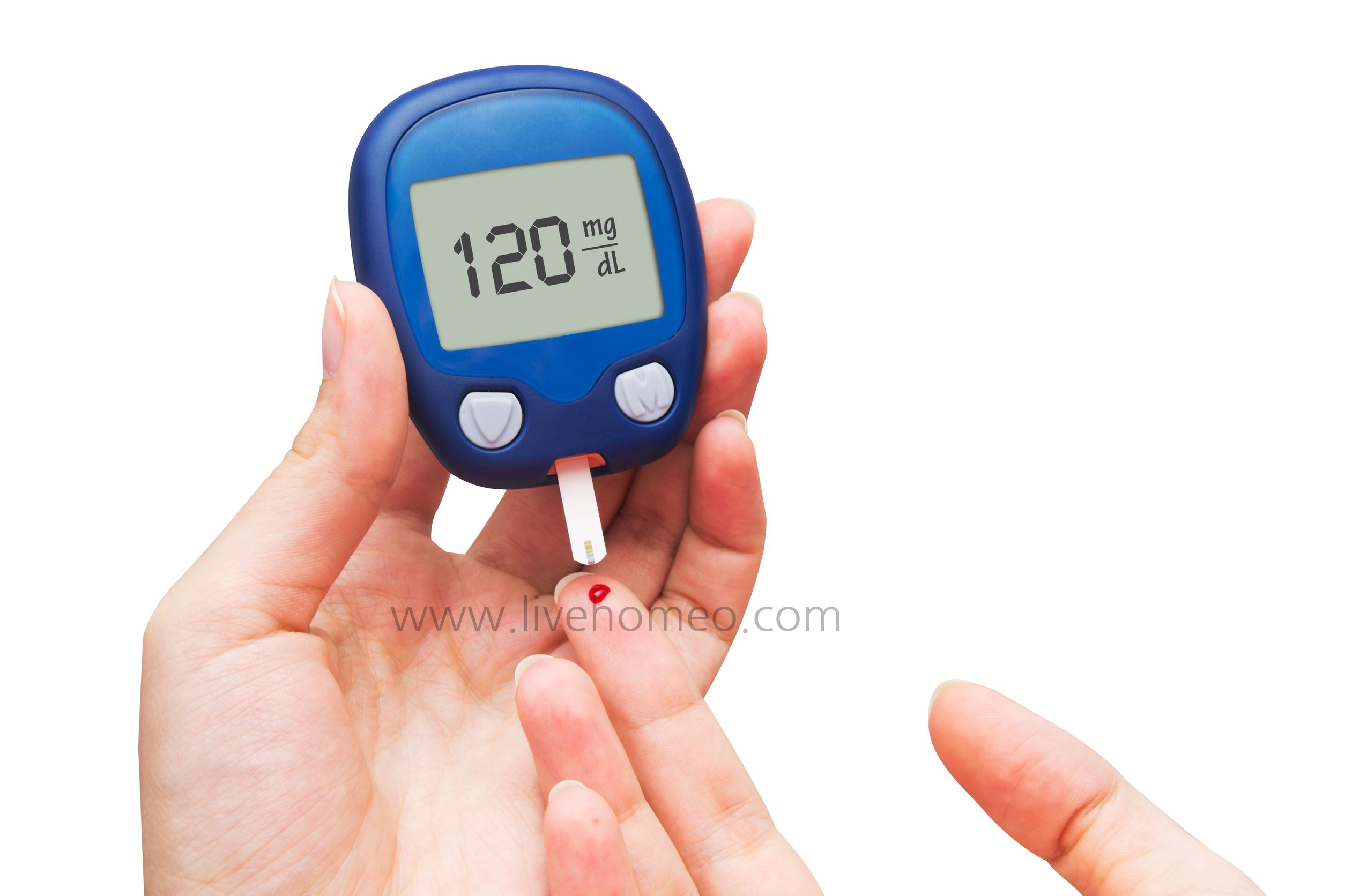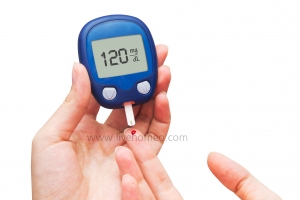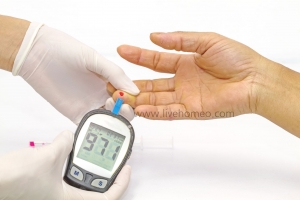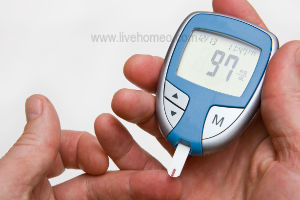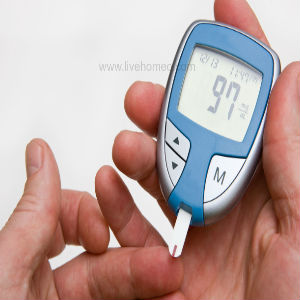Things to know about Diabetes in children
Diabetes is once considered to be an elder’s problem but now is also seen diabetes in children. Diabetes is affecting more and more children these days. Both Type 1 and Type 2 diabetes are seen in children of this generation. Currently, in India, around 1 lakh children are suffering from Type 1 diabetes, whereas even Type 2 diabetes (which is mostly seen in elders) is also affecting many children. Surprisingly Type 2 cases are increasing at a faster phase these days.
Irrespective of type, it is very important to recognize and treat diabetes at the right time. If left untreated or timely diagnosis is not provided, it disturbs the children both physically and mentally. In long run, it also affects many organs like the heart and kidney and leads to several complications. Hence it is very crucial to know about Diabetes.
As we all know, every cell in our body needs the energy to function properly and we get this energy from the food we eat. Our body breaks down the food we eat into glucose. After the glucose reaches every cell, insulin (a hormone released by the pancreas) acts as a key and allows glucose to enter into every cell in our body.
The glucose entered into the cells can then be used as the energy right away or can be stored for later use. In this whole process, Insulin plays a crucial role in the proper functioning of our body. If enough insulin is not produced or if the insulin produced by the pancreas is not used properly, it greatly affects the sugar levels and cells in our body gets damaged leading to Diabetes.
Introduction to Diabetes in children
Most people believe that diabetes affects only elders, but it is not true, Diabetes in children has become common these days. In fact, diabetes in children can start at any point, at the age between 3-7 years or 10-12 years of age. Rarely, few kids get affected with Diabetes under the age of 9 months. This type of diabetes affecting infants is called “Neonatal Diabetes” and is mainly caused due to genetics.
Diabetes affecting children of 6 months age is called Type 1 Diabetes and around 90% of the children with Diabetes are suffering from this type. Especially children with 5 years are mostly getting affected with this type. Type 2 diabetes which is mostly seen in elders, is also affecting children nowadays. A sedentary lifestyle is the major cause of Type 2 Diabetes, children with obesity are at an increased risk of developing Type 2 Diabetes. The number of children getting affected by Diabetes has increased up to 10% in the past 30 years.
What is Type 1 Diabetes in children?
Type 1 Diabetes which is also called juvenile diabetes is a condition where the pancreas produces very little (fails to produce enough insulin) or no insulin. Without enough insulin, the cells in our body fail to use glucose which in turn leads to high glucose levels in the body fluids. This presence of high glucose levels in body fluids is called Type 1 Diabetes. This type mainly happens when Beta cells present in the pancreas gets damaged. Autoimmune disorders are considered to be the basic cause behind the damage of beta cells where our immune system mistakenly attacks the beta cells. The exact cause of this condition is not clear, but viral infections are considered as the risk factors.
Symptoms of Type 1 Diabetes
Symptoms of Type 1 diabetes in children start suddenly and it is very important to notice them in the early stages. Early detection of symptoms helps to get timely treatment and also helps to eliminate the risk of several health complications. Few common symptoms of Type 1 Diabetes include
- Feeling thirsty and peeing more than usual- With a rise in glucose levels, water from our tissues comes out and makes us feel thirsty. Drinking more water also makes us pee more frequently. Furthermore, our kidneys also produce more urine to remove excess glucose from our body fluids.
- Weakness and extreme hunger- Due to insufficient insulin, our cells do not get the required amount of glucose due to which the muscles and organs do not get enough energy and get exhausted. This further makes us feel weak and hungry.
- Irritability and mood changes- This feeling of weakness and lack of energy make the kids irritable and few kids also fail to concentrate on their studies.
- Blurred vision- With excess glucose levels in our body fluids, eyes become dry and lead to blurred vision.
- Weight Loss- When our cells do not receive enough glucose for energy, they use muscle fat for energy which leads to weight loss. Sometimes children lose weight very quickly and noticing it in the early stages is very important. If left unrecognized, acid levels increase in the body and lead to severe complications.
- Coma- In few cases, children suddenly become unconscious and this condition can be fatal in children below 5 years of age.
What is Type 2 Diabetes in children?
This is a condition where the pancreas makes enough insulin, but the cells fail to use it well as they should. This leads to high glucose levels in body fluids. This condition where cells fail to use insulin is called Insulin Resistance. The exact cause of Type 2 Diabetes in children is not clear but it is believed that it is associated with a sedentary lifestyle. Unhealthy food habits, obesity, lack of physical exercise and others act as triggering factors of Type 2 Diabetes. Before in the olden days, kids used to eat home-cooked food and play games outdoors, whereas, now the situation has changed, in this last phase of life, children are eating more junk foods and carbohydrates. After coming from schools kids are stuck with bundles of Home works and prefer to play video games or sit in front of smartphones or computers for hours without any physical exercises. This lack of physical activity is contributing to weight gain in many children. This imbalance in the amount of calorie intake and burning calories leads to fat accumulations in the abdominal area which increases the risk of insulin resistance. This further increases glucose levels in the body. Children with a family history of diabetes are at an increased risk of developing Type 2 Diabetes.
Symptoms of Type 2 Diabetes
Children with Type 2 Diabetes face symptoms like
- Increased thirst
- Frequent urination
- Increased hunger
- Blurred vision
- Fatigue
- Headache
- Slow healing of sores
- Frequent infections
- Skin becomes black- Due to increased insulin levels, the skin around the neck, in the armpits and groin becomes black.
Control Diabetes with Lifestyle changes
High glucose levels can be controlled effectively with changes in foods we eat and adequate exercises when detected in the early stages. One can easily control glucose levels with lifestyle changes and without using any medications. If in case, the glucose levels are not controlled, then professionals prescribe suitable medications. Children are also given insulin injections for some time if necessary.
Prevention is always better than cure
As always said prevention is better than cure, taking enough care of kids and teaching them healthy habits is very important. As Type 2 Diabetes is mainly associated with our lifestyle, hence teaching our kids healthy habits, giving them a healthy and balanced diet filled with fruits and veggies, encouraging them to play outdoors and many others are very important.
Chances of children with normal weight getting affected with Diabetes are very low when compared to children who are obese. It is advisable to take your kids for glucose check-up’s once in a while especially those with a family history of diabetes.
Screening Diabetes
There are 2 simple tests to detect Diabetes irrespective of its types
- The Fasting Plasma Glucose Test- If the glucose levels are higher than 125 mg/dL while you are fasting, then you need to be retested to confirm Diabetes.
- The Oral Glucose Tolerance Test (OGTT)- This test is conducted after two hours of drinking a sugary solution and if the results are higher than 200 mg/dL, then you need to be retested to confirm Diabetes.
Complications of Diabetes
High glucose levels in long run can damage veins and several organs in our body and lead to complications like cardiovascular diseases, fungal and bacterial infections, foot ulcers, kidney failure, retinopathy and so on.
Diabetic Diet Guide
If you want to balance the high sugar levels in your kids it is very important to give them a balanced diet. Give proteins, fats in balanced amounts. It is important to be cautious with foods like chocolates, noodles, ice creams, biscuits and sweets. Take dietary advice from experts for better results.
Monitor Glucose levels regularly
It is very important to monitor glucose levels regularly. Glucometers are widely available in the market nowadays and you can monitor the glucose levels frequently using them.
Do not hide it from your Children
It is not advisable to keep the fact that your kids are suffering from Diabetes a secret even though it is devastating. As it can adversely affect your child’s physical and mental growth and can even lower their self-confidence. Instead, you can explain to them clearly about their condition and support them in each step to control it. This way you can assist your kid in living healthy and happy irrespective of the fact of Diabetes.






